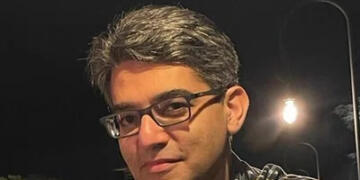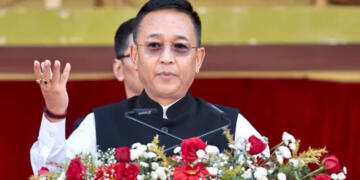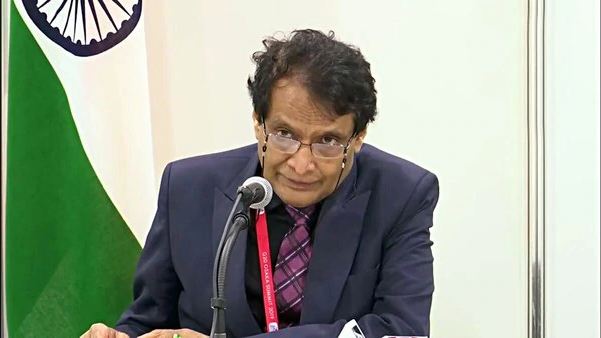At the G20 Summit in Osaka this week, where heads of the top twenty economies of the world met, Prime Minister Modi represented India with visible confidence and charisma. His team was graced by India’s newly appointed External Affairs Minister, S Jaishankar, who is a globally renowned diplomat and has served as Foreign Secretary of India; next in the team was National Security Advisor, Ajit Doval, who has been promoted to a cabinet rank in Modi 2.0, and this team, along with PM Modi, at first glance itself, emanated formidability. And then there was Suresh Prabhu, India’s Sherpa at the G20 Summit, and former union minister who, to everyone’s surprise, was not given a cabinet berth in the second term of Modi government.
To many, appointing him as Sherpa appeared as a consolation prize for Prabhu. After all, he had been Sherpa for India at the 2014 G20 Brisbane Summit as well. He had been railways minister where he carried out major reforms to steer the PSU out of losses. Later, in a cabinet reshuffle, he was given the Ministry of Commerce & Industry and Civil Aviation Ministry, where he performed diligently and earned praises from all.
Always known for being a superb administrator and a gem in the crown of the BJP, Suresh Prabhu as trade minister explored the ins and outs of India’s standing on global trade and exploited the disorienting Trade War between the US and China to increase Indian exports. India’s goods exports peaked at $331 billion last fiscal and services exports surpassed $200 billion. India’s exports to China were particularly impressive where the number witnessed a 31 percent jump to $17 billion and reduction in imports ultimately led to a fall in the trade deficit with China by $10 billion. As minister of commerce, he represented India at various foreign meetings and negotiated exhaustively for India at RCEP meets, making no compromises with India’s interests, for a free trade agreement between the ASEAN countries and the Indo-Pacific nations- Russia, China, Japan, South Korea, India and New Zealand, which basically covers all Indo-Pacific G20 countries. He has dealt extensively with many G20 countries when it comes to expanding India’s trade with them. With such experience, it is safe to say that if there is one man deeply well versed with India’s trade needs and wants, it is Suresh Prabhu.
Coming back to Suresh Prabhu as G20 summit’s Indian Sherpa. A Sherpa’s work is to lay the groundwork with detailed negotiations with Sherpas of other member countries before the head of state arrives for the final meeting. Sherpas may have multiple conferences as in the case of G7 countries where the stakes are highest, before the original summit. As the role of G20 Summit expands and as India’s role and capacity in G20 Summits peaks, the need for a permanent, full-time Sherpa is paramount. Former NITI Aayog Chairman, Arvind Panagariya, had pointed out in 2017, that India acutely needs a permanent Sherpa as the role of India grows exponentially on the international scale. Be it concerning India’s firm push for penalising fugitive economic offenders, or the crucial trade talks that dominate almost every meeting of foreign heads, Suresh Prabhu appears to be a brilliant pick for the task of optimizing India’s gains at the G20 summit.
Sherpas do not have the final say, but their diligence and assiduity can either make it or break it for the country they represent. Appointing someone so highly qualified and with immense experience, to the position of Sherpa, sounds like something PM Narendra Modi would do. If India takes the G20 summit seriously, which it evidently does and which it will host in 2022, it is planning on appointing a full-time Sherpa and on expanding the roles of the Sherpa to other foreign engagements as well. Therefore, in terms of formidability, Suresh Prabhu adds more weight to the team than meets the eye and we can expect an expansion of his responsibilities with respect to India’s foreign policy and trade talks.





























